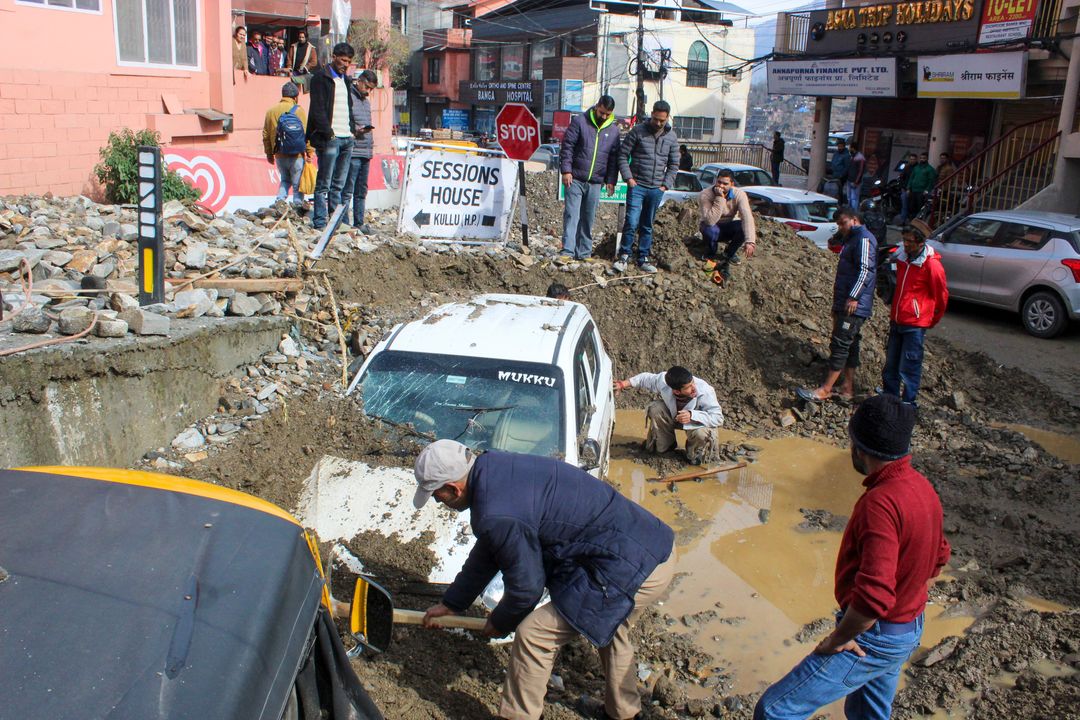Udhagamandalam (Tamil Nadu), April 2 – A wave of protests swept across the Nilgiris district, including Udhagamandalam (Ooty), Kotagiri, Gudalur, and Pandalur, on Wednesday, as commercial establishments shut down and autos and tourist taxis kept off the roads. The protests were in response to the newly implemented e-pass system, which mandates advance registration for private vehicles entering popular hill stations, following a court order aimed at managing the heavy influx of tourists.
The e-pass system, which took effect on April 1, limits the number of vehicles entering the Nilgiris district, capping the daily entry to 6,000 vehicles on weekdays and 8,000 on weekends. Emergency vehicles, government buses, goods carriers, and local vehicles are exempt from the restrictions.
The situation remains fluid, and the outcome of these protests could significantly influence the future of tourist regulations in the Nilgiris.
Impact of the Protest on Tourism
The protests, which were total in nature, primarily impacted tourists. With hotels and restaurants closed, visitors were left without access to food and accommodations, severely affecting the local tourism sector. The closure of shops and the suspension of taxi and auto services created further disruptions, particularly for those who had already planned their visits to the picturesque hill stations in the Nilgiris.Concerns Over the E-Pass System
Local business owners, including shopkeepers, taxi operators, and hotel owners, voiced their discontent over the e-pass mandate. They argue that the new system is hindering their livelihood by discouraging tourists and complicating travel. According to the regulations, visitors traveling in private vehicles must apply in advance through a government portal to obtain the e-pass.The e-pass system, which took effect on April 1, limits the number of vehicles entering the Nilgiris district, capping the daily entry to 6,000 vehicles on weekdays and 8,000 on weekends. Emergency vehicles, government buses, goods carriers, and local vehicles are exempt from the restrictions.
Court's Role in the E-Pass System
The e-pass system was implemented following a directive from the Madras High Court, which had ordered its enforcement in Ooty and Kodaikanal (in the Dindigul district) to control the overwhelming number of tourists during the summer months. The decision was part of a broader effort to ensure smoother traffic management and preserve the fragile environment of the hill stations.Ongoing Opposition
Despite the legal backing for the e-pass system, local businesses remain adamant about its negative impact on their operations. Many are calling for the withdrawal of the system or at least its modification to allow a freer flow of tourists into the region. As the protests continue, authorities will likely need to address both the concerns of local businesses and the need for crowd control during the peak tourist season.The situation remains fluid, and the outcome of these protests could significantly influence the future of tourist regulations in the Nilgiris.
Last updated by a enewsx:

